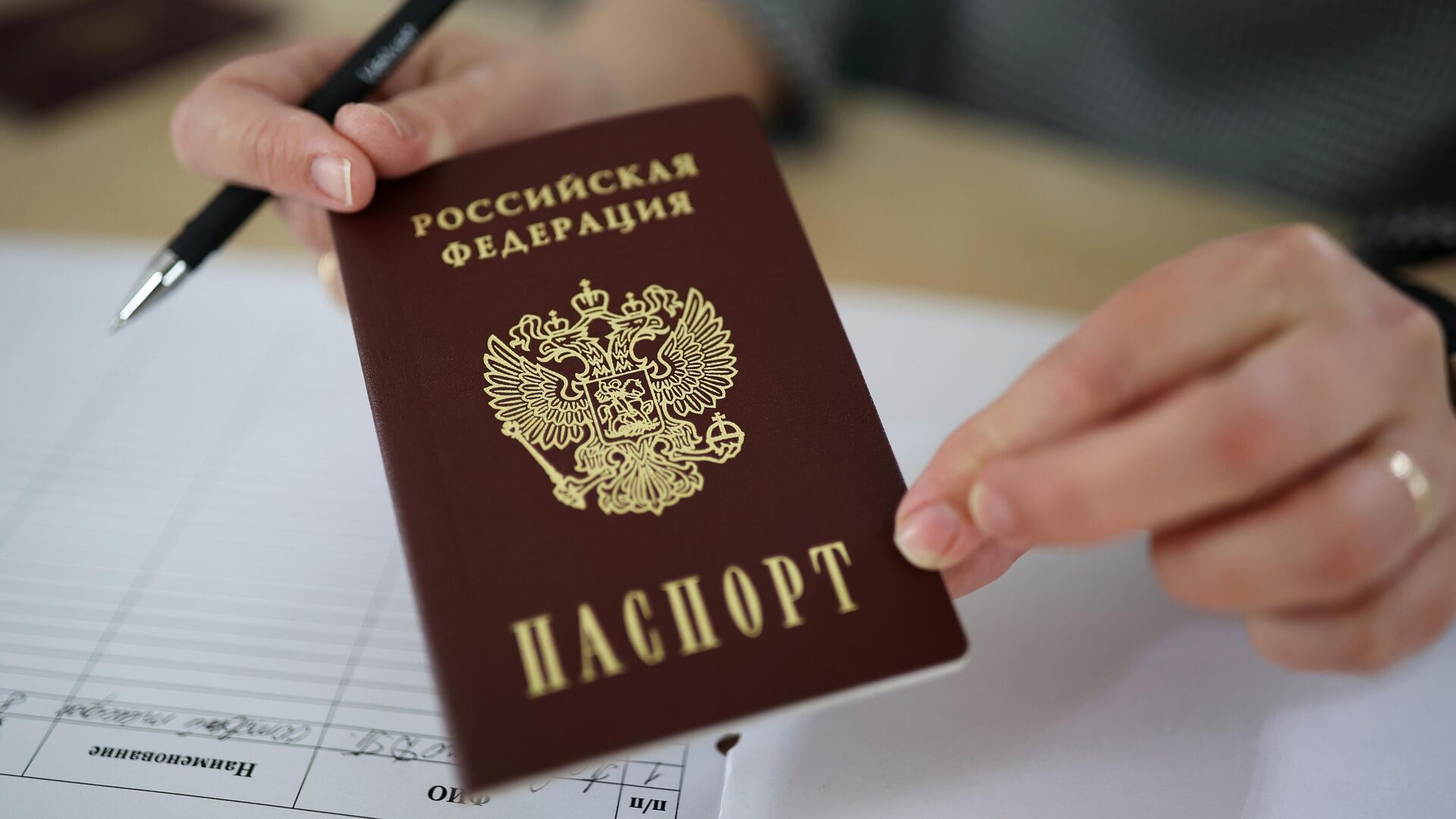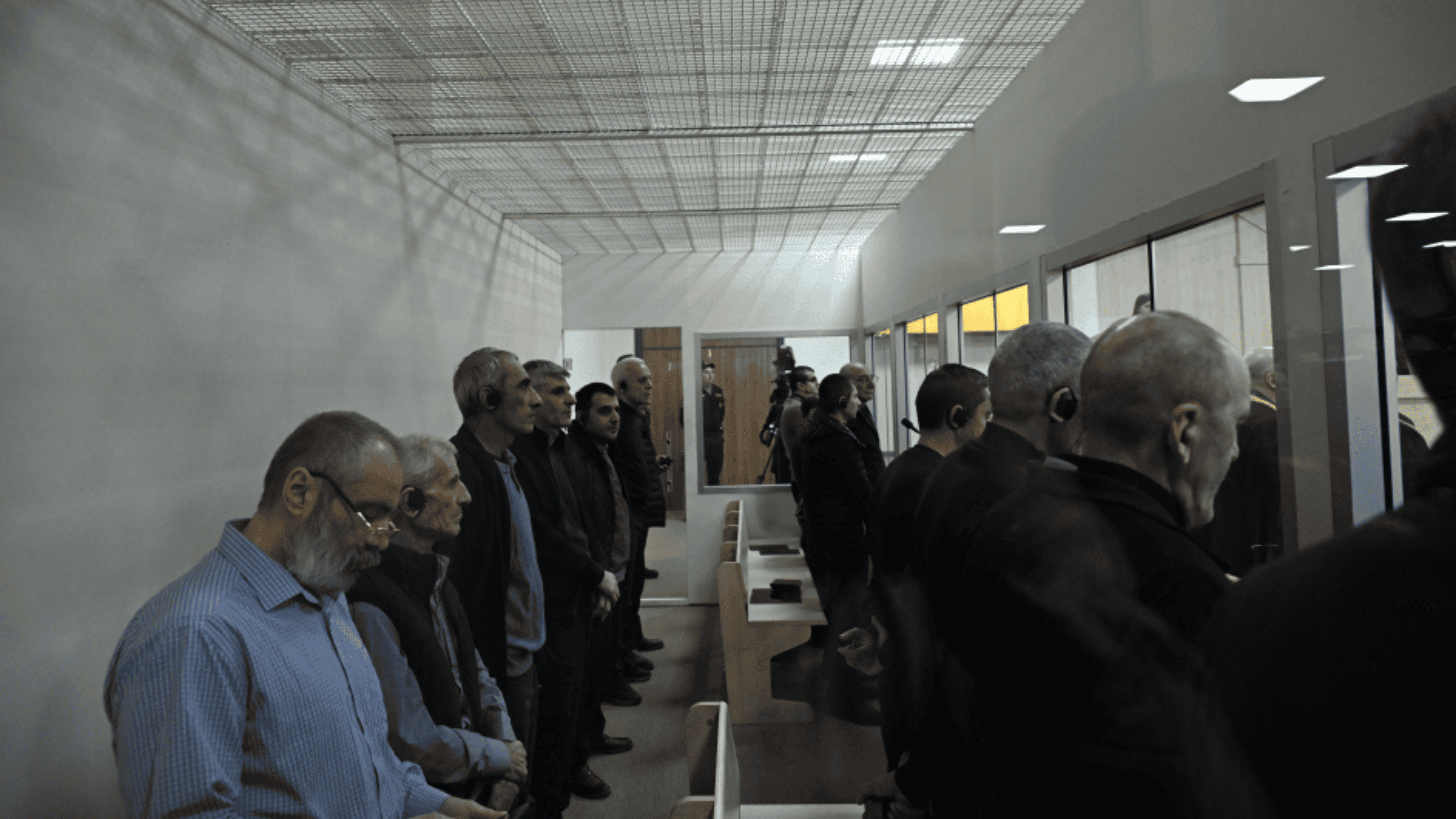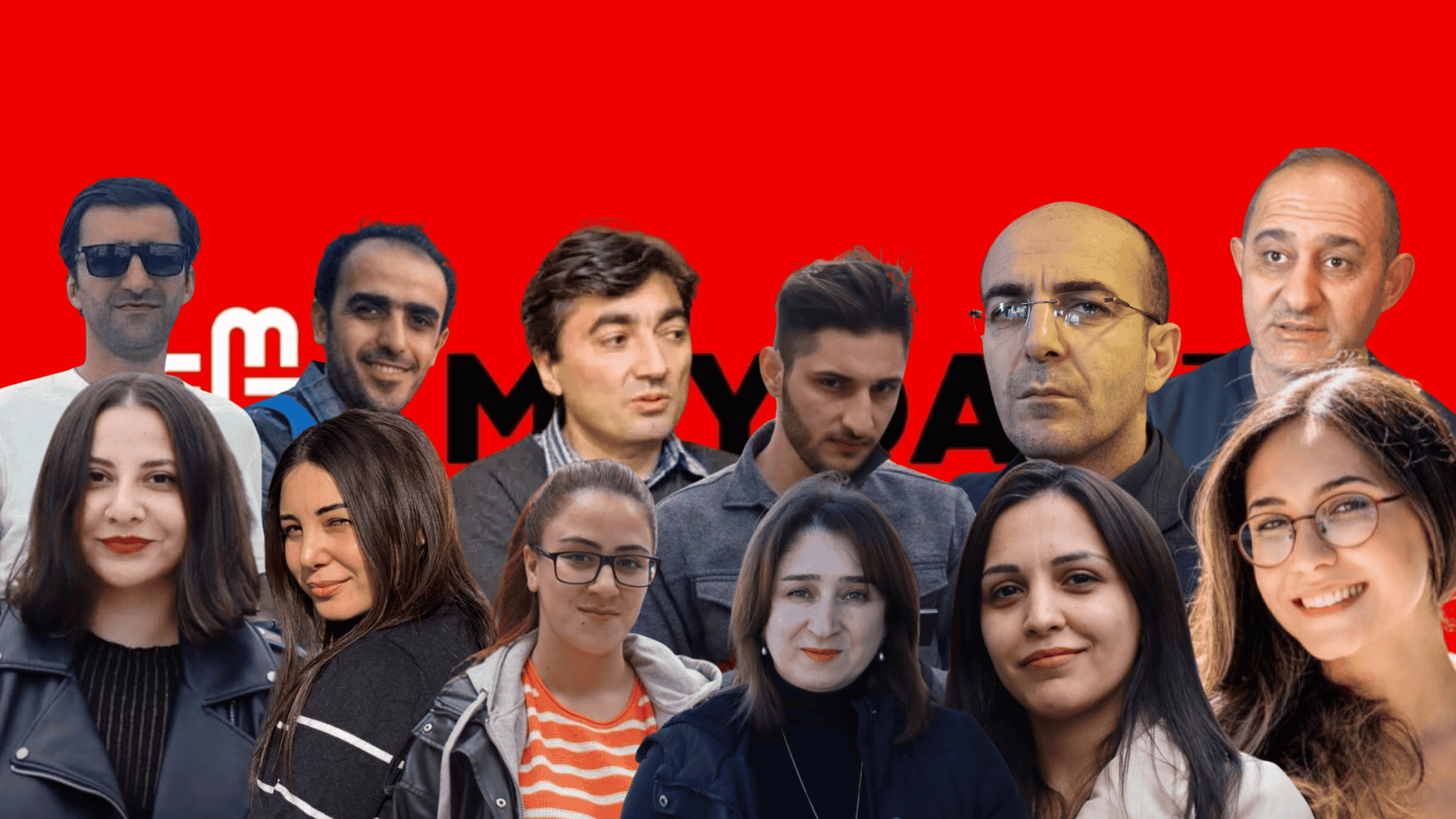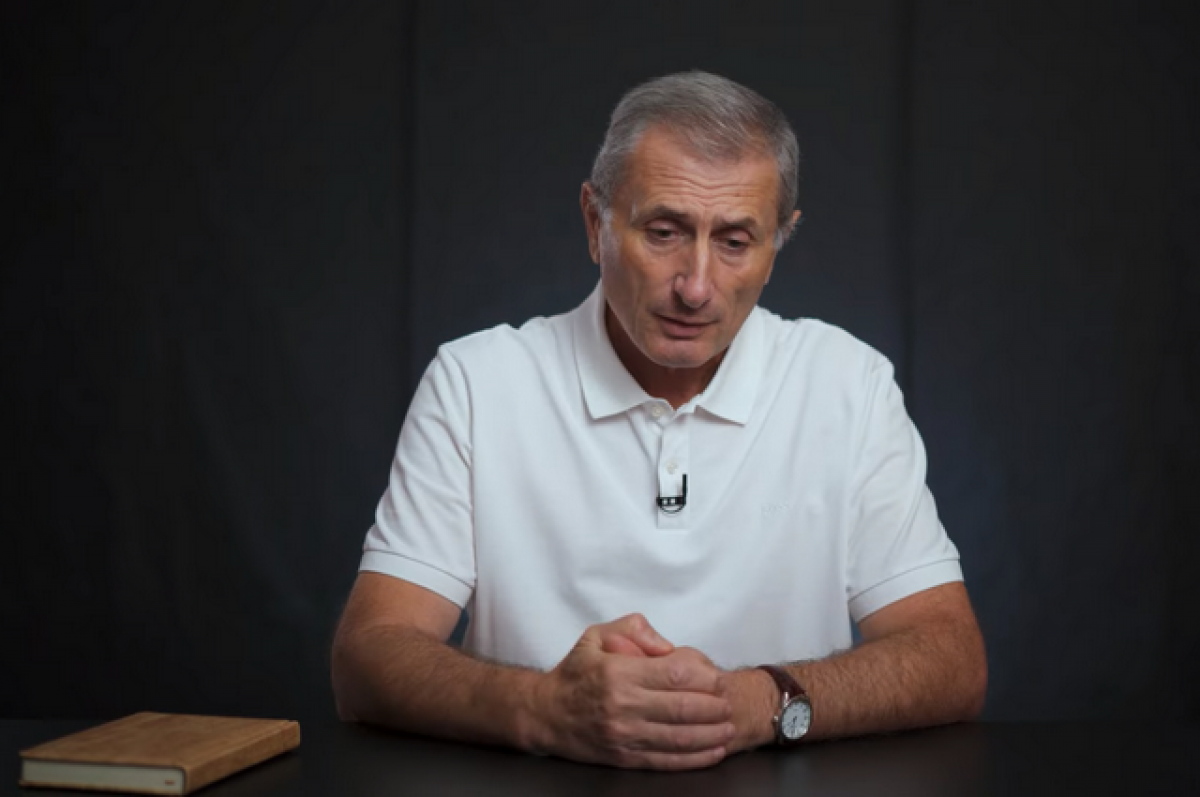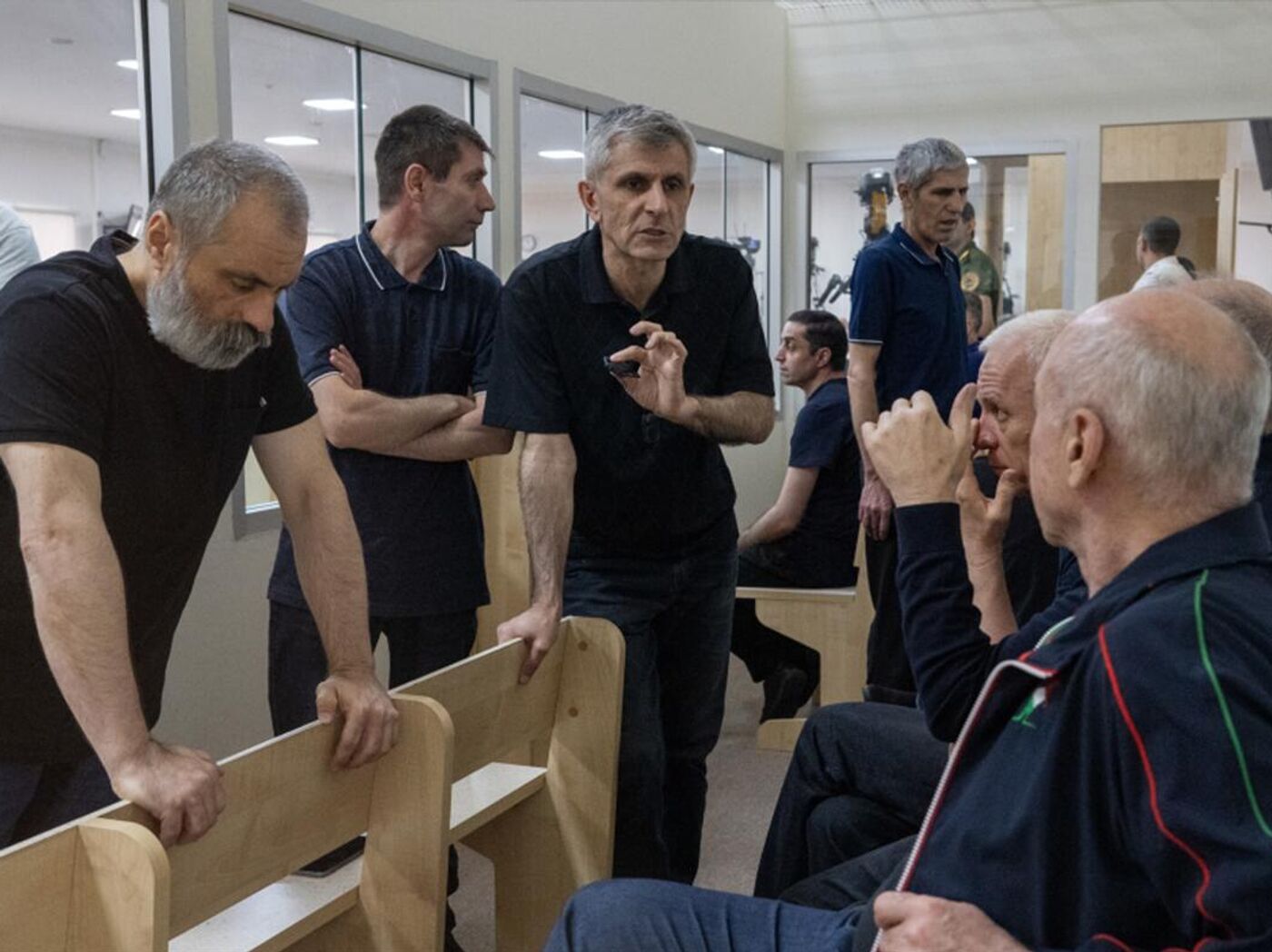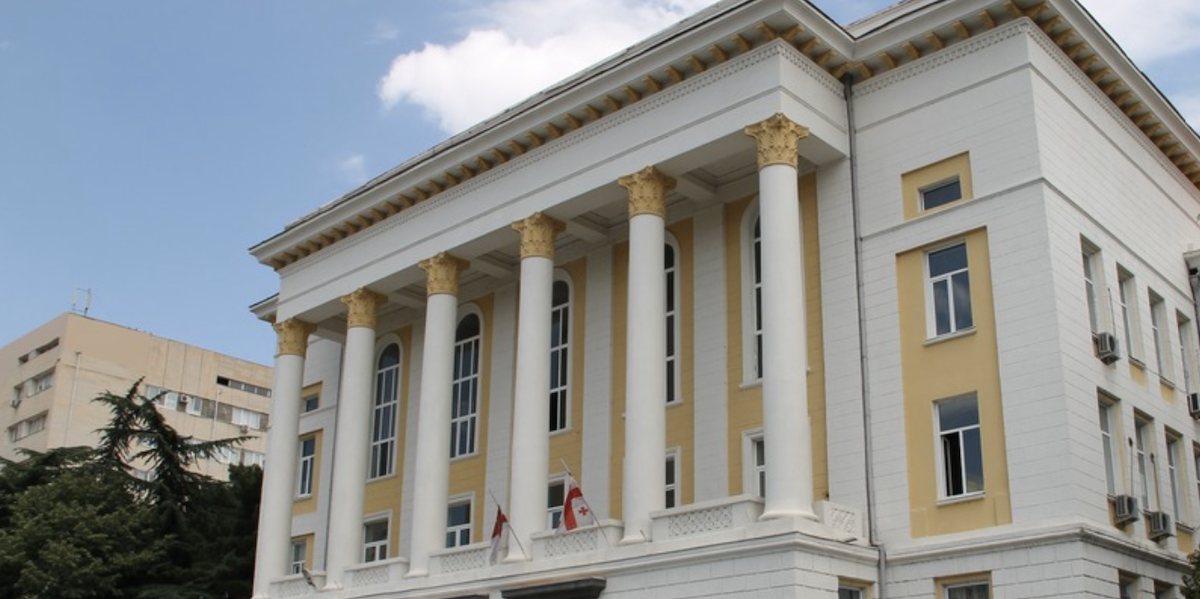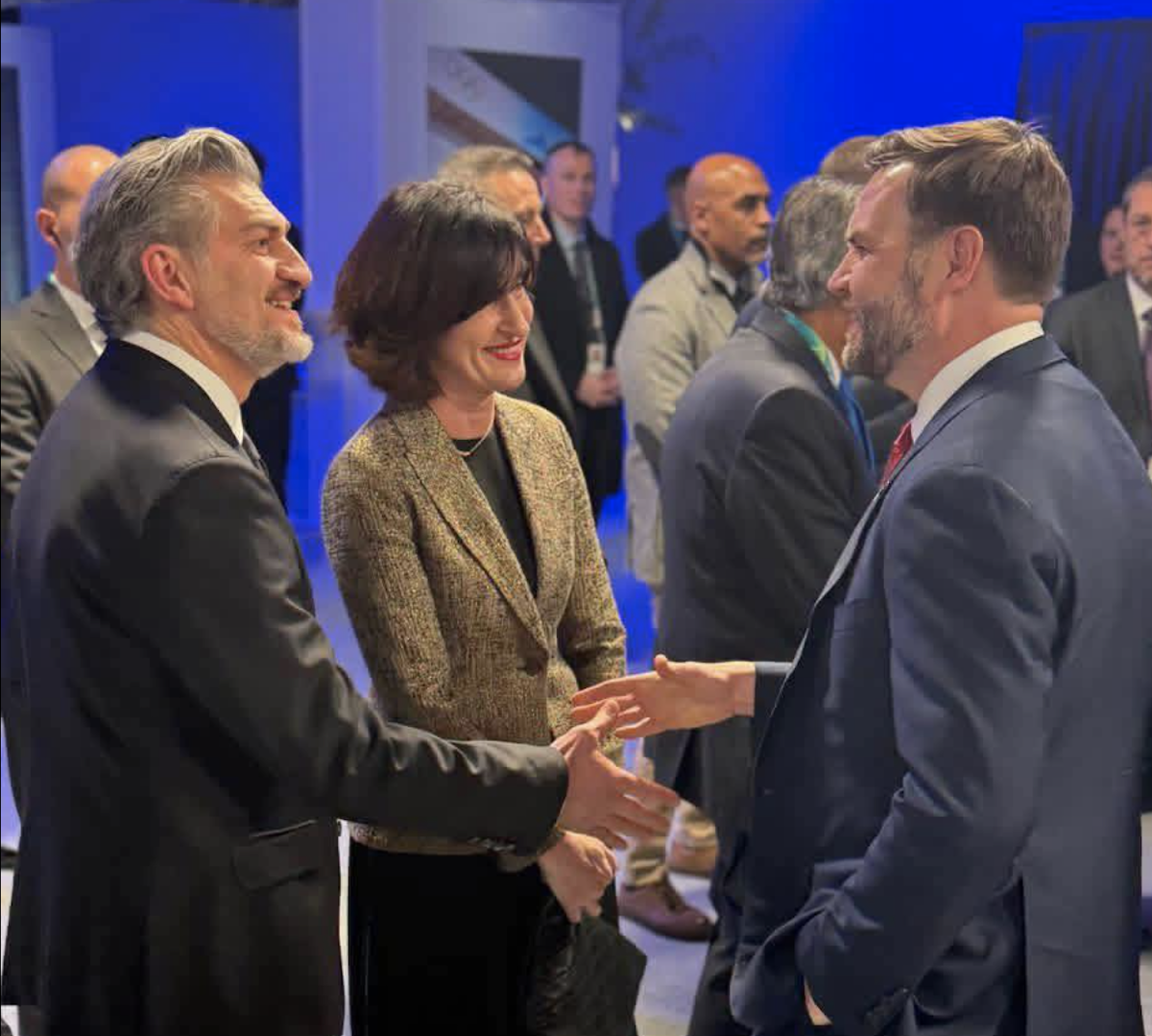"The legitimacy of power depends on the quality of the weld" - protests grow in Abkhazia
Protests in Abkhazia
In Abkhazia, authorities are preparing for opposition protests, outraged by the return of Interior Minister Dmitry Dbar to his post after his suspension.
Protests are scheduled for November 4th. The security forces have been put on a special working regime, the presidential palace is hastily surrounded by metal barriers welded to each other.
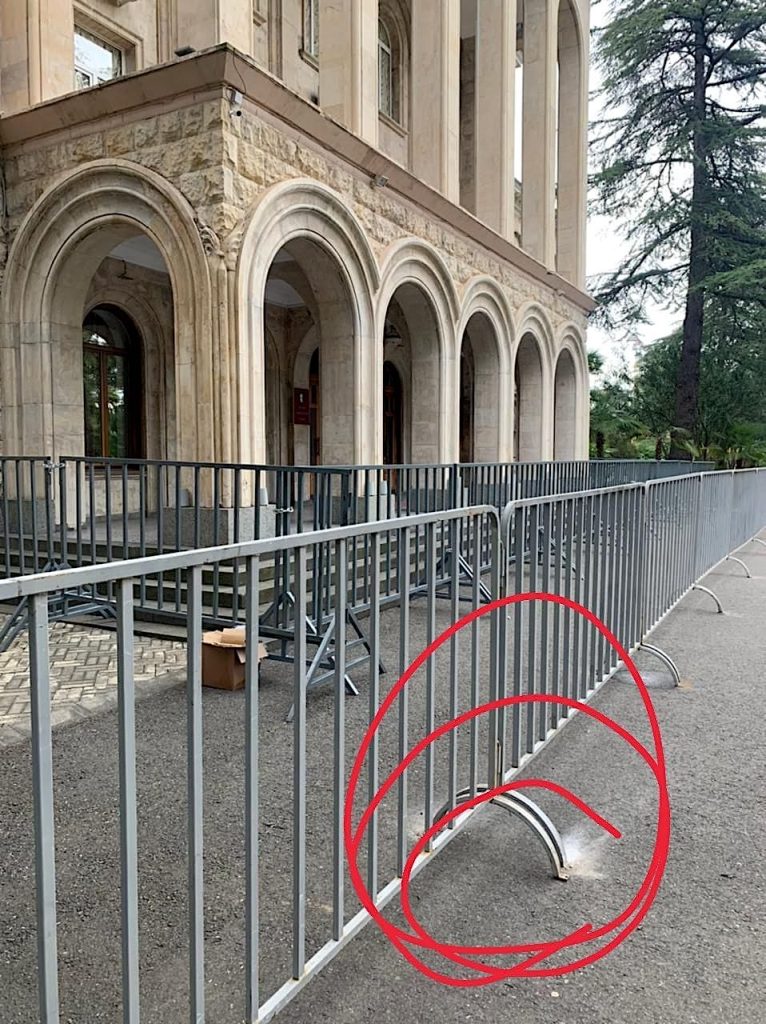
The decision to start street protests was made by the Coordination Council of Veterans of the War with Georgia a week ago, after the president disagreed with the demand to dismiss Interior Minister Dmitry Dbar.
How one violation of the law led to another
The story began on September 30, 2021. On this day, another anniversary of the victory in the Georgian-Abkhaz war of 1992-93 was celebrated in Abkhazia. MP Garry Kokaya and his fellow villagers from the village of Adzyuzhba gathered in a restaurant on the embankment in Sukhum. After the feast, already on the street, in celebration, he fired a pistol into the air several times.
At the same time, President of Abkhazia Aslan Bzhania and his colleague from South Ossetia Anatoly Bibilov celebrated the holiday in a nearby restaurant. Minister of Internal Affairs Dmitry Dbar with his deputies immediately appeared at the scene and the riot police who arrived on alarm. As a result, a fight had broken out. The police beat the deputy and his fellow countrymen and then left. And the beaten Ajubzhins were then taken to hospitals by their relatives.
The next day, a protest rally began in front of the parliament demanding the dismissal of the Minister of Internal Affairs and his deputies involved in the incident.
- How did Abkhazia’s president get a $400,000 car?
- Crime and provision of justice in Abkhazia
- Op-ed: who lives well in Abkhazia?
- Who is punished for corruption in Abkhazia? Details of the scandalous case
The President, however, made a decision to remove the minister and two of his deputies, Rush Tsvizhba and Dadin Chachkhalia, from their posts only for the duration of the investigation.
Later, a criminal case was launched against the deputies; the article incriminated to them provides for imprisonment for a period of 5-10 years. The investigating authorities did not find corpus delicti in the actions of the minister, however, Prosecutor General Adgur Agrba recommended that the president dismiss the minister.
After that, the president remained silent for two weeks. But on the evening of November 2, he returned the minister to work, announcing on state television:
“I am truly sorry about what happened. I thought that we would be able to reconcile the parties. I went to the village of Adzyubzha, personally negotiated with some of the villagers. We preliminarily agreed to meet with the veterans, but due to various circumstances, this did not happen. I’m truly sorry about what happened”.
The minister himself apologized to the beaten veterans – but in absentia, during a meeting with the president. He said that “from the first day I wanted to apologize to the veterans and personally shake hands with them” but he “did not have such an opportunity”.
“I promise that this will not happen in the future,” Dbar said.
The minister’s absentee apologies amid his return to work did not defuse the situation, but, on the contrary, intensified it. The next day, on November 3, the leaders of the opposition, veteran organizations, as well as representatives of the village of Adzyubzha came to parliament.
They said they were outlawing themselves.
“Besides the fact that they spat in our souls, they gave us a slap in the face yesterday. And now we reserve the right to act as we see fit”, said Valeriy Maan, a war veteran from Adzyubzha, in parliament.
The leader of the veteran Aruaa organization Timur Gulia said that they “disclaim any responsibility for the further development of events”.
On the same evening, November 3, almost all of the parliament left for the village of Adzyubzha to persuade the villagers to receive the Minister of Internal Affairs so that he could personally apologize.
Nevertheless, the authorities are preparing for the worst-case scenario – massive protests outside the presidential palace.
“I look at the photos [of the barriers at the presidential palace] and conflicting feelings arise. Metal barriers are welded to each other. As I understand it, there is no hope for people. There is still hope in metal. When the legitimacy of power depends on the quality of the weld, it means that something is wrong in the government. This is a sign of weakness. Weaknesses of the authorities and weaknesses of the state”, political scientist Tengiz Jopua wrote in social networks.
Toponyms, terminology, views and opinions expressed in the article do not necessarily reflect the views and opinions of JAMnews or any employees thereof. JAMnews reserves the right to delete comments it considers to be offensive, inflammatory, threatening, or otherwise unacceptable












